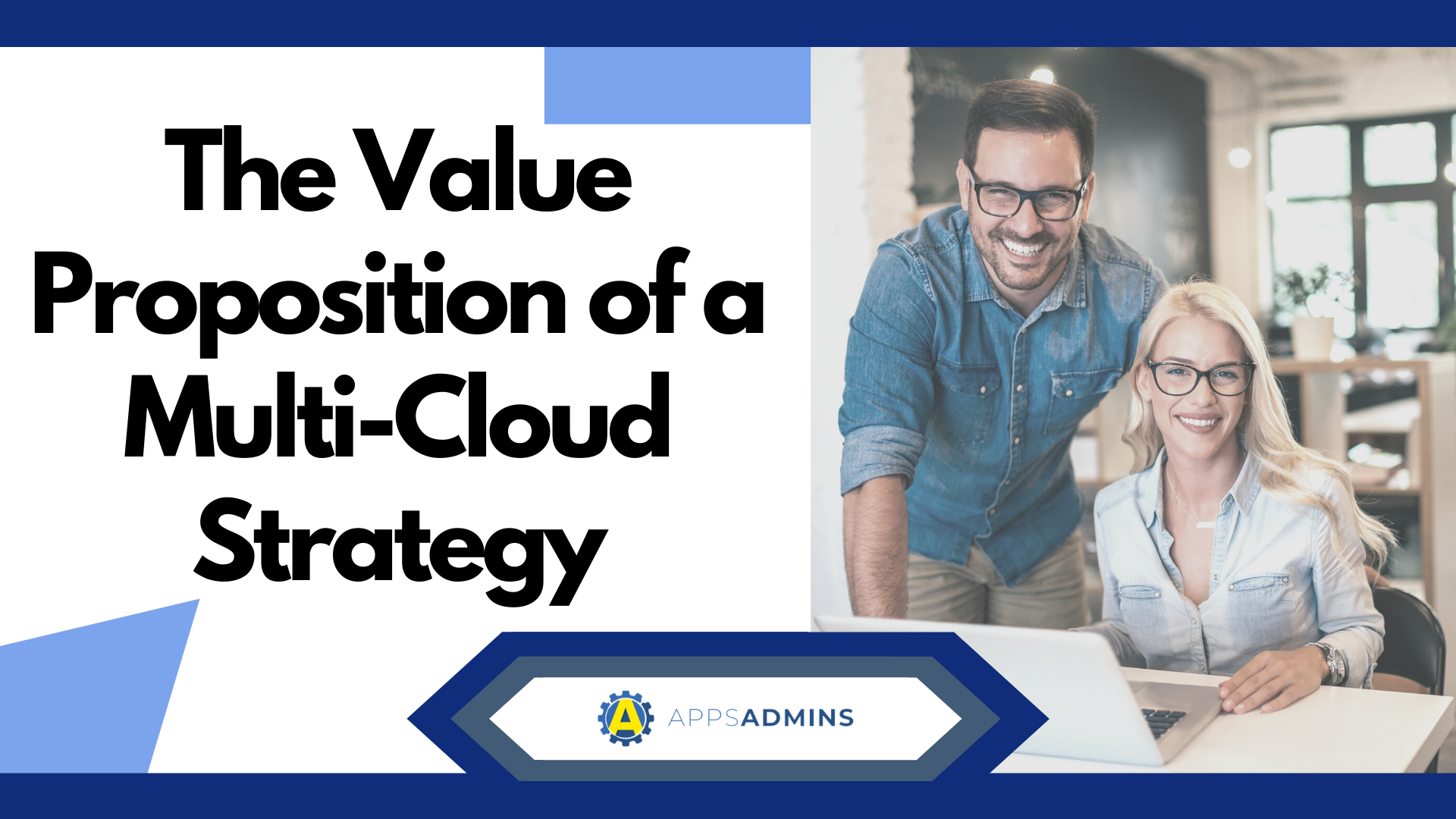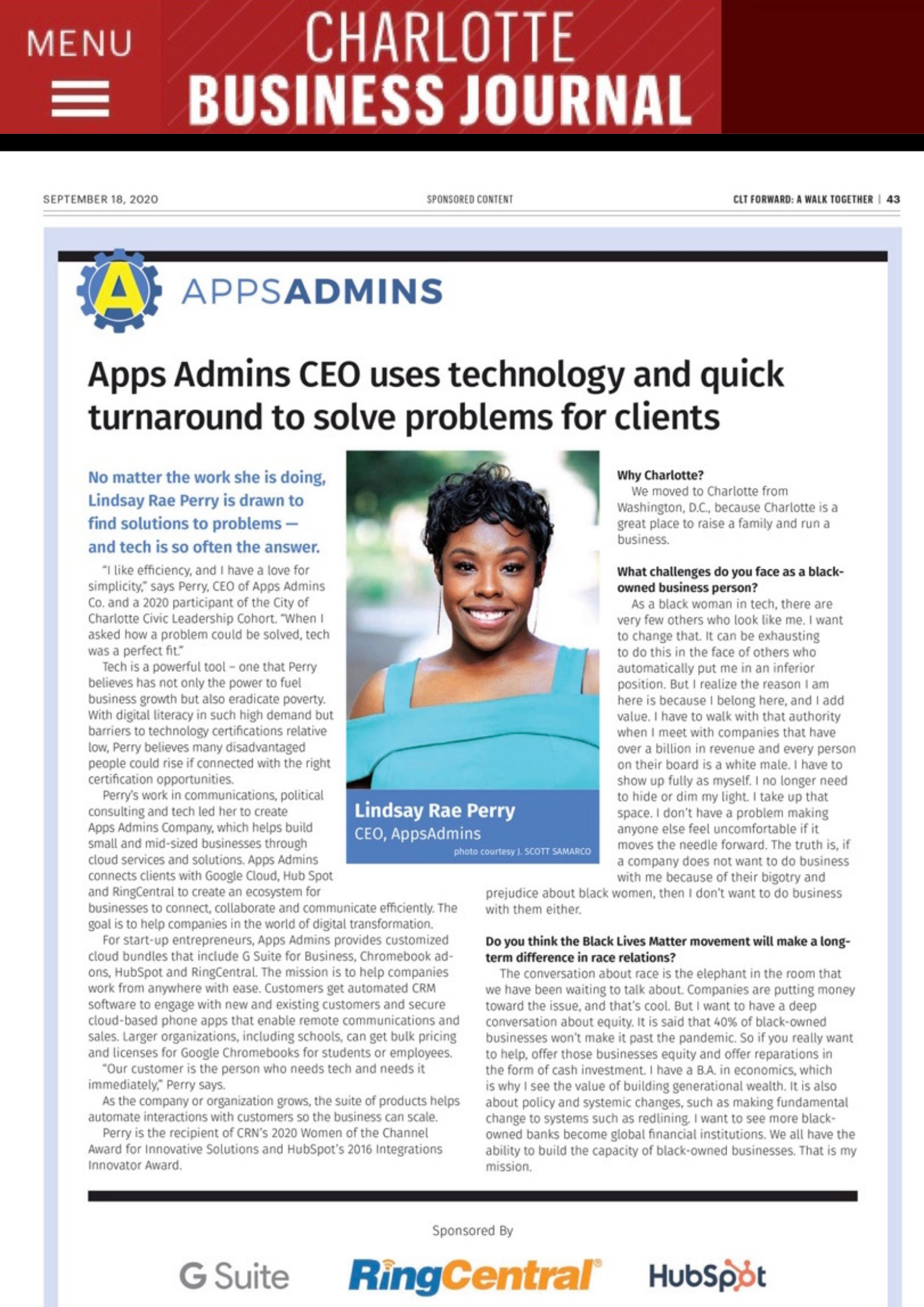G Suite Business Free for 30 Days
Sign up for a Free 30 Day Trial of G Suite Business and get Free Admin support from Google Certified Deployment Specialists.

 Blockchain technology might still be a reasonably "new" concept, but it's potential applications in the world of business are potentially astronomical. Already, some of the biggest tech players across the globe, like IBM, Microsoft, and Google, are betting on the Blockchain. In fact - some are even using the public cloud to offer blockchain as a service.
Blockchain technology might still be a reasonably "new" concept, but it's potential applications in the world of business are potentially astronomical. Already, some of the biggest tech players across the globe, like IBM, Microsoft, and Google, are betting on the Blockchain. In fact - some are even using the public cloud to offer blockchain as a service.
So, what's with all the buzz on Blockchain?
The blockchain is a disruptive and transformational technology that can offer companies the opportunity to expand their digital transformation experiences beyond the walls of the internal business, and into the processes, they share with their customers, suppliers, and partners. The blockchain is a data structure capable of created digital ledgers that are shared throughout a distributed network of computers.
Besides its ability to disrupt countless sectors, blockchain's distributed use of information can impact the heart of public cloud storage. By delivering a more transparent, open, and verifiable system, blockchain could change the way we think about exchanging assets, sharing data, and enforcing contracts.
It's no wonder that a growing number of enterprises have begun to invest in blockchain as we move ahead into 2018.
From Bitcoin to the Blockchain for Data Logistics
If you've already heard of the blockchain before today, it's probably because you know a little something about "Bitcoin", the cryptocurrency that's been taking the world by storm. Bitcoin isn't a physical form of cash - but a digital code that can be traded instead of money.
Bitcoin relies on the blockchain to function, using this public ledger of transactions to determine how a finite number of coins are exchanged throughout a vast network. With the blockchain, there's no centralized authority involved to determine what's right or wrong. Instead, multiple distributed parties simply come to a consensus, and the information is entered into the ledger which can later be accessed by anyone on the blockchain.
If you consider the public cloud to be a kind of giant logistics platform for information, then you can think of the "transaction" recorded in the blockchain as the transportation of data. Data enters the cloud, and is processed, then returned to a customer or kept for later use. With the blockchain, all of the points of information throughout this journey are recorded.
This means that after a "transaction" is completed, what happened to the data, who accesses the data, and how the data was governed are all points that can be verified by anyone with access to the blockchain.
Such a disruptive system would mean that the public cloud would have complete traceability, meaning that entities who are administrating or using the cloud could be held responsible for their actions. Regulators will get to audit the entire process, and everyone can verify what happened and when.
Blockchain Technology in the Cloud
Blockchain technology has been growing and evolving over the last couple of years, taking on a growing number of new applications beyond the world of cryptocurrency. For instance, new security vendors are now offering blockchain platforms that help to secure supply chain connectivity, while traditional software vendors are using "blockchain as a service" offerings.
Blockchain is naturally moving into the public cloud because people want more security and accountability when it comes to using the cloud for everything from hosting to computing, and data storage.
After all, if you ask a CIO what they would need to confidently move all of their mission-critical processes from the on-premise environment into the cloud, then you'd probably get an answer that involves a discussion of terms like reliability, accountability, security, compliance, audibility, and so on.
In other words, companies want complete peace of mind that they're accessing a secure environment and that every step of the cloud process can be verified in real-time. This means that when things go wrong, it's easier to find out where the problem began so that someone can be held accountable. Up until now, no single cloud vendor has been able to offer this level of security, but the blockchain could change all that.
The Rise of Blockchain Services in The Cloud
Blockchain in the public cloud could help to ensure a more consistent level of security, accountability, and performance. Some vendors are already experimenting with opportunities. Unfortunately, despite some of the latest rumors in the marketplace, Amazon Web Services will not be one of the organizations offering blockchain in the cloud as we move forward into 2018.
On the other hand, Microsoft and IBM are both taking steps to advance projects that are connected to concepts like distributed ledgers and Blockchain services. Over the last few months, these companies have launched a range of Blockchain services and projects to better serve their customers.
After all, blockchain as a public cloud service could offer a range of benefits, and the nature of the public cloud means that you can allocate as many instances into the blockchain as you like. This simple and versatile approach to de-scaling and scaling is perfect for blockchain transactions.
Should You Be Accessing Blockchain on the Cloud in 2018?
There are a lot of disruptive trends happening in the cloud world right now. As we move into 2018, the chances are that we'll see even more transformation thanks to a growing amount of new technology in the marketplace.
While the blockchain does have a lot to offer various industries and the public cloud, it's important to remember that you shouldn't be getting caught up with the hype and pushing yourself to implement new systems just because other people are. If you want your business to get the most value out of this particular form of digital disruption, then you'll need to have a strategy in place.
Think about the following questions when you're considering accessing blockchain through the public cloud:
- How could your existing endpoints and cloud systems connect with blockchain applications?
- How would your existing cloud strategy support blockchain strategies?
- What are the core business benefits that you're seeking from the blockchain?
- What are the core systems in your company that could benefit from the blockchain?
- What is your required ROI when it comes to using blockchain in the public cloud?
Blockchain has the incredible potential to transform business operating models for the long-term, particularly when it's integrated with the public cloud. While it's still early days for this technology, it's definitely a trend that's worth keeping your eye on.
.jpg?width=818&name=appsadmins-svg-rules-1%20(2).jpg)







